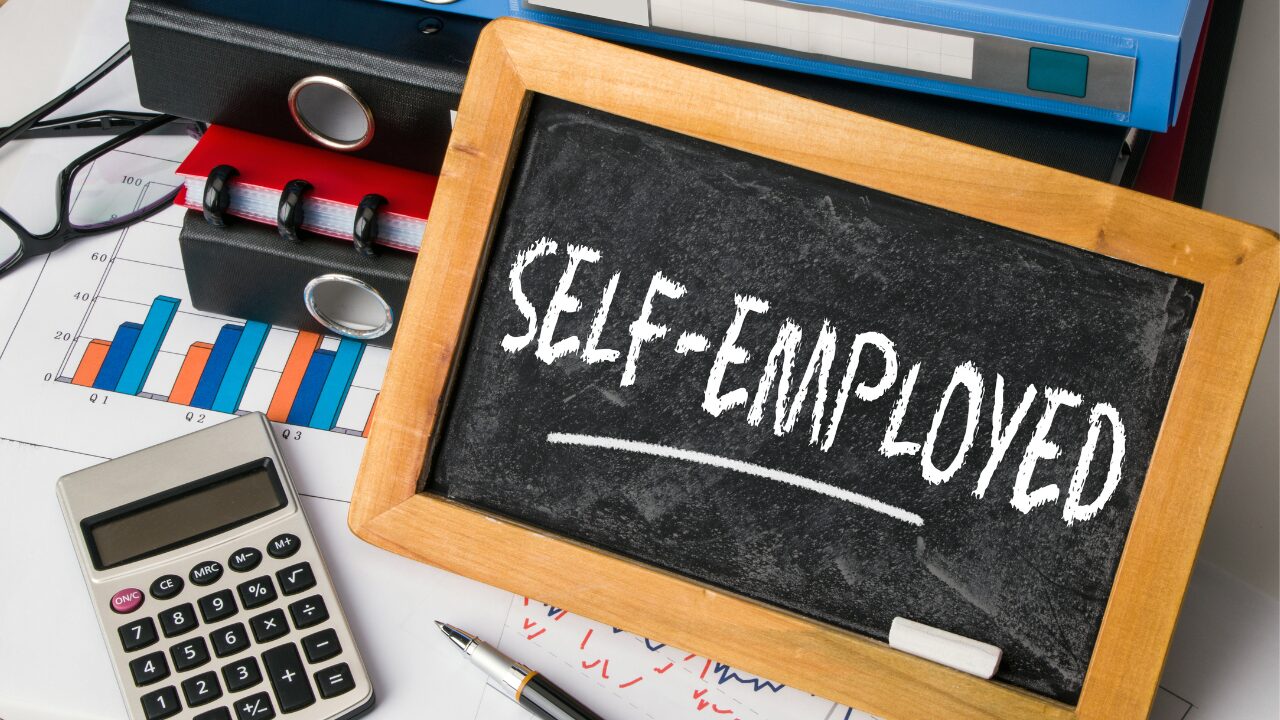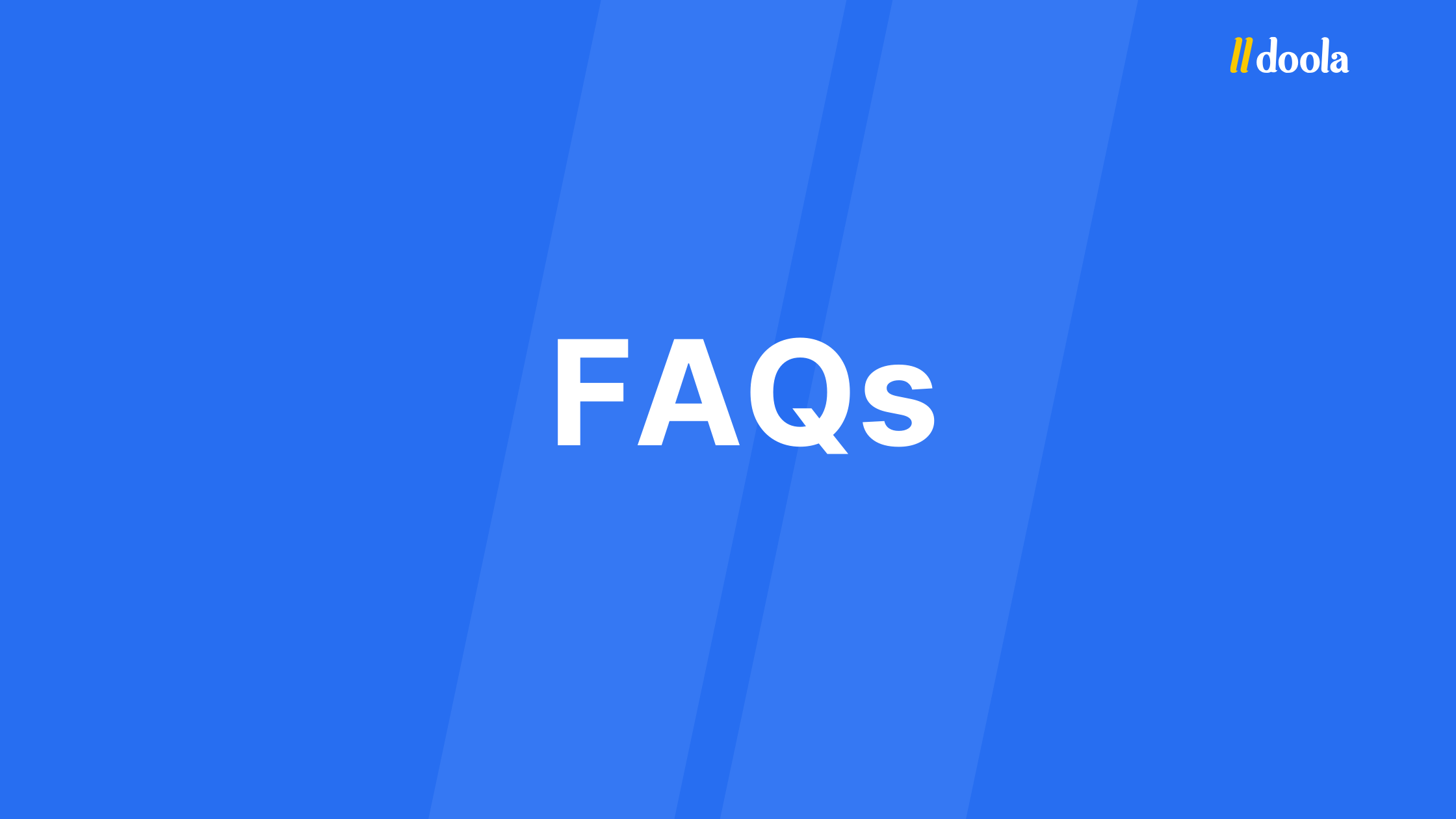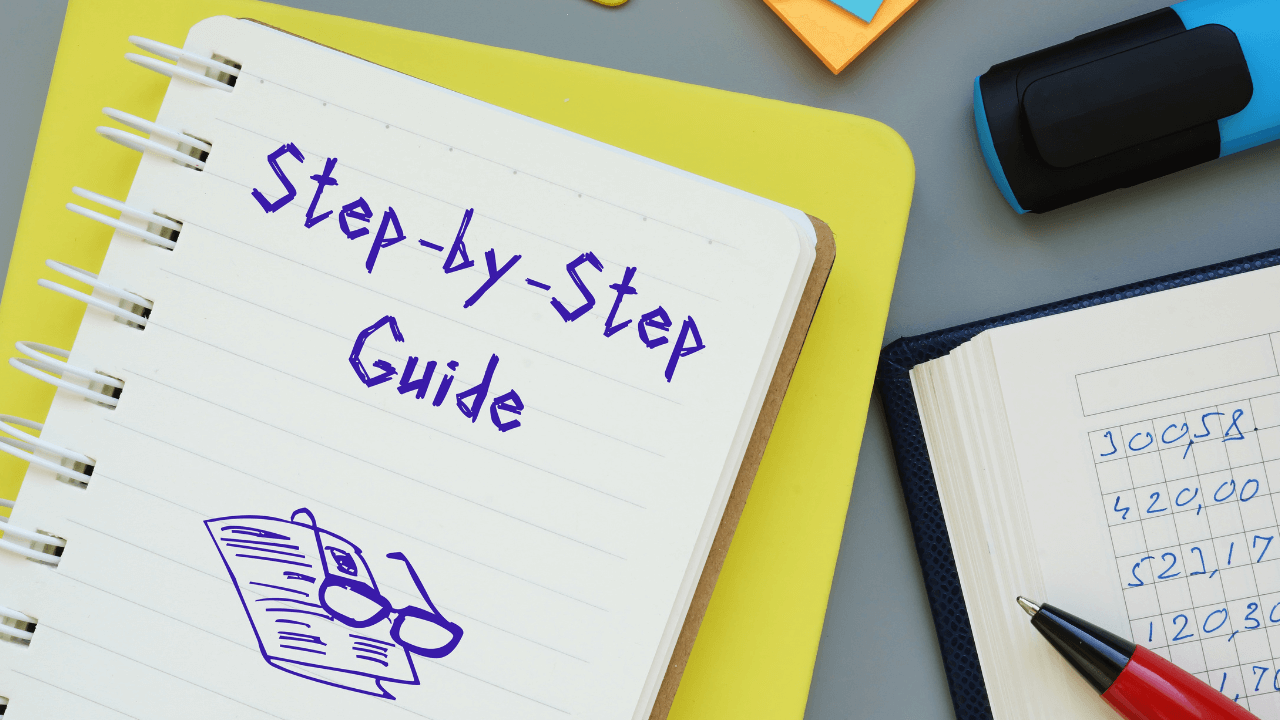Language:
The Self-Employed Mortgage Guide: Everything You Need to Know

The US Bureau of Labor Statistics reports that as of February 2024, there are 9.8 million self-employed and unincorporated individuals in the U.S. Further, Statista reports that by 2027, 86.5 million people in the US will be freelancing, accounting for 50.9% of the total working force.
As the gig economy continues to boom globally, the mortgage qualms on the part of financial institutions are also shrinking.
So, can you buy a house if you’re self-employed?
Absolutely, yes!
While securing a mortgage might involve more paperwork for self-employed individuals than traditional employees, it’s entirely achievable. Here is a detailed guide that offers a thorough walkthrough of the entire process and the best tips for mortgage application.
Let’s jump in!
Qualifying for a Mortgage When You’re Self-Employed
While many traditional loan requirements remain the same for self-employed borrowers, proving your income stability differs from those with regular paychecks. While a W-2 employee can simply provide a recent pay stub, you must be prepared to showcase your financial health through various documents.
Lenders typically request two full years of personal and business tax returns. This gives them a clear picture of your taxable income over time.
However, they may also “add back” certain deductions you claimed to get a more accurate sense of your overall earnings potential. In addition to tax returns, providing profit and loss statements and bank statements (personal and business) strengthens your application.
These documents offer a more detailed look at your business activity, cash flow, and overall financial well-being. By presenting a comprehensive view of your financial picture, you can assure lenders of your ability to manage a mortgage payment consistently.
Next, let’s explore the documentation formalities.
What Documents Do You Need to Provide?
To comply with the US mortgage regulations, here’s a detailed breakdown of the documents you’ll likely need to provide when applying for a self-employed mortgage:
Tax Returns (Personal & Business)
The Internal Revenue Service (IRS) Form 1040 serves as your personal tax return, showcasing your income and deductions for the past two years. The tax return form for business income depends on your business structure:
- Sole Proprietors: Schedule C attached to your Form 1040 reports your business profit or loss.
- Partnerships: Form 1065 reflects the partnership’s income and expenses, and you’ll need your Schedule K-1, which shows your share of the partnership’s income or loss.
- S Corporations: File Form 1120S for the corporation’s tax return and Schedule K-1 for your shareholder income allocation.
- C Corporations: These are taxed separately from their owners, so you won’t need the corporation’s return, but will still need your personal tax return (Form 1040) and proof of salary and dividends received from the corporation.
Business License (if applicable)
If your business requires a state or local license to operate, provide a copy of your valid business license.
Here are some resources to help you understand business licenses better: Business License vs LLC and Types of Business Licenses.
Financial Statements
These documents offer a detailed look at your business’s financial health:
- Year-to-Date Profit and Loss Statement (P&L): This document shows your business’s income and expenses over a specific period, usually the current year to date.
- Balance Sheet: This provides a snapshot of your business’s financial position at a specific point in time, typically the end of the month or fiscal year. It details your assets, liabilities, and shareholder equity.
- Bank Statements (Personal & Business): For the past two months (sometimes longer), lenders will request copies of personal and business bank statements to verify your income deposits and spending habits.
- Proof of Business Ownership (for Partnerships & Corporations): If you co-own a business, you may need documents like partnership agreements, shareholder agreements, or corporate bylaws to demonstrate your ownership stake.
Gathering and presenting this documentation allows you to streamline the mortgage application process and demonstrate your eligibility to lenders. Remember, it’s always best to consult a mortgage professional to ensure you have everything required.
Employment Verification
Since you don’t receive a regular paycheck with a W-2 form, lenders rely on tax returns and other financial documents to verify your self-employment status and income.
Income Documentation
When calculating your income for mortgage purposes, lenders typically focus on taxable income. This can be deceiving, especially if you take advantage of legitimate tax deductions that lower your taxable income but don’t necessarily reflect your actual earnings.
Some lenders may add back certain deductions to get a more accurate picture of your financial situation.
Hence, we recommend consulting with a professional tax consultation services provider or a professional virtual bookkeeping services provider.
What if You’ve Been Self-Employed for Less Than 2 Years?
Securing a mortgage with a self-employment history of less than two years can present an additional hurdle.
However, it’s not insurmountable. Here’s a breakdown of potential scenarios and strategies to consider:
Demonstrate Consistent Income Growth
If you can showcase a steady increase in income during your self-employment tenure, even with less than two years, some lenders might be receptive.
This could involve providing documentation like:
- Quarterly or year-to-date profit and loss statements reflecting rising income trends.
- Bank statements highlighting a consistent or increasing flow of business income deposits.
- Contracts or invoices demonstrating growth in project value or client base.
Bridge the Gap with Prior W-2 Income
If you transitioned from a W-2 position to self-employment, you can leverage your previous paystubs or tax returns to establish a track record of financial stability. Look for lenders who consider a combination of your self-employment income and the income from your previous job, especially if it was in a related field.
Highlight Relevant Experience
Even without a lengthy self-employment history, you might compensate by showcasing extensive experience in your field. This could include:
- Proof of professional licenses or certifications relevant to your self-employment venture.
- Documentation of prior employment showcasing a successful track record in a similar role.
- Client testimonials or letters of recommendation solidifying your expertise.
Alternative Loan Options
Some lenders offer mortgage programs specifically designed for those with limited self-employment history. These may include:
Consider a Co-Signer
Involving a co-signer with a strong credit score and established income can significantly improve your chances of approval, especially if they have a longer employment history.
Always remember, even with less than two years of self-employment, a strong application package demonstrating financial responsibility, a solid business plan (if applicable), and a clear path for future success can go a long way in convincing lenders of your mortgage eligibility.
Tips to Put Your Best Application Forward
Having proper and robust documentation ready and proper filing go a long way when applying for a mortgage as a self-employed individual. While lenders assess many factors, here are some key areas to focus on to showcase your financial stability and strengthen your application.
Tip 1: Maintain a Healthy Debt-to-Income Ratio (DTI)
Lenders use your DTI ratio to gauge your ability to manage monthly debt obligations, including a mortgage payment. Ideally, you want your DTI to be below 45%. This means your monthly debt payments, including housing costs, should not exceed 45% of your gross monthly income.
Keeping your existing debts under control demonstrates your financial responsibility and improves your chances of qualifying for a mortgage with a favorable interest rate.
Tip 2: Prioritize Building a Strong Credit Score
Your credit score is a major factor influencing your mortgage interest rate. Generally, a score of at least 620 is acceptable, but aiming for a higher score translates to significantly better loan terms. Regularly monitor your credit report for errors and take steps to improve your score if necessary.
This might involve paying down credit card balances, maintaining a low credit utilization ratio (the amount of credit used compared to your credit limit), and diversifying your credit mix (including installment loans like car loans).
Tip 3: Try to Keep Business and Personal Expenses Separate
Combining business and personal finances can make it difficult for lenders to assess your true income. Maintain separate bank accounts for business and personal transactions.
This simplifies the documentation process and provides a clear picture of your self-employment income and personal spending habits
Tip 4: Explore Alternative Loan Options
Consider alternative loan options if your income streams are unconventional or you fall short of the two-year self-employment benchmark. One option is a bank statement loan, which focuses on overall bank deposits rather than taxable income.
However, be aware that these loans often come with higher interest rates. Consult with a qualified mortgage professional to explore all available options and choose the one that best suits your financial situation.
Tip 5: Consider a Larger Down Payment
Offering a larger down payment can significantly strengthen your application. A higher down payment reduces the loan amount you need to borrow, making you a less risky proposition for lenders.
This can translate to a lower interest rate and potentially improve your chances of approval, especially if you have a shorter self-employment history.
Tip 6: Partner with a Qualified Co-Signer or Co-Borrower
Including a co-signer with a strong credit score and stable income on your mortgage application can significantly boost your approval odds. The co-signer essentially guarantees the loan, giving lenders additional peace of mind.
This strategy can be particularly helpful if your self-employment history is limited or your credit score needs improvement.
FAQs
How can self-employed individuals qualify for a mortgage?
Self-employed borrowers can qualify for mortgages by meeting standard requirements and providing documents verifying income stability. These documents include tax returns, profit and loss statements, and bank statements for the past two years.
What specific documents are required when applying for a mortgage as a self-employed individual?
To apply for a mortgage as self-employed, you need two years of tax returns (personal & business), bank statements, and profit & loss statements. Business licenses (if applicable) may also be required.
What are some tips to enhance the chances of getting mortgage approval when self-employed?
Boost your self-employed mortgage chances by maintaining a strong credit score, keeping a low debt-to-income ratio, and separating business from personal finances. Consider a larger down payment or co-signer for added security.
What key factors should self-employed individuals consider before applying for a mortgage?
Self-employed borrowers should focus on verifying income (tax returns, bank statements), building credit, lowering DTI, and separating business finances. Consider a larger down payment or co-signer for a stronger application.
Keep reading
Start your dream business and keep it 100% compliant
Turn your dream idea into your dream business.

















